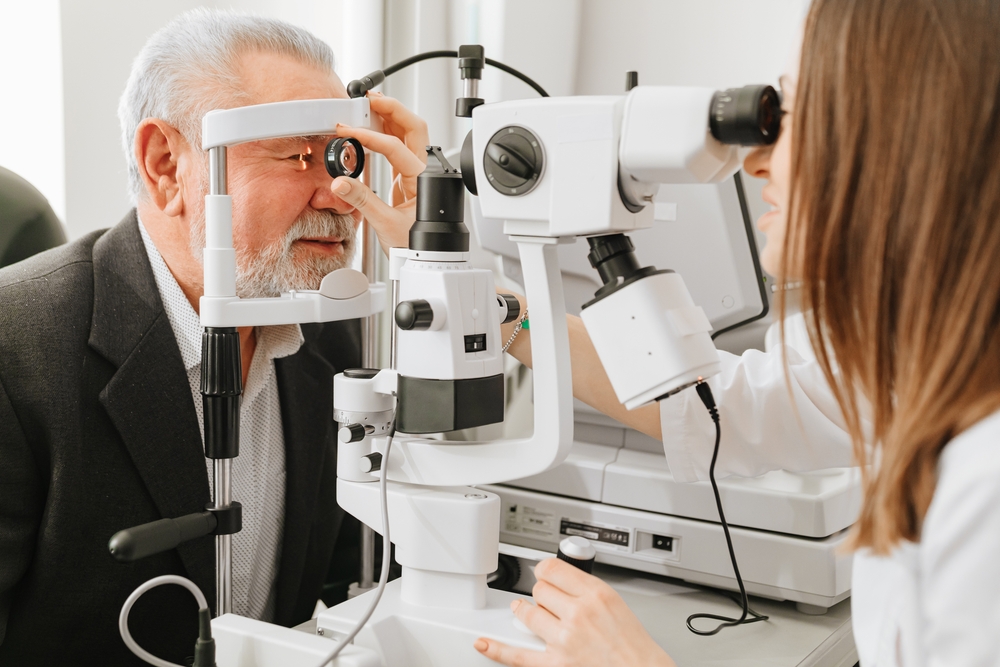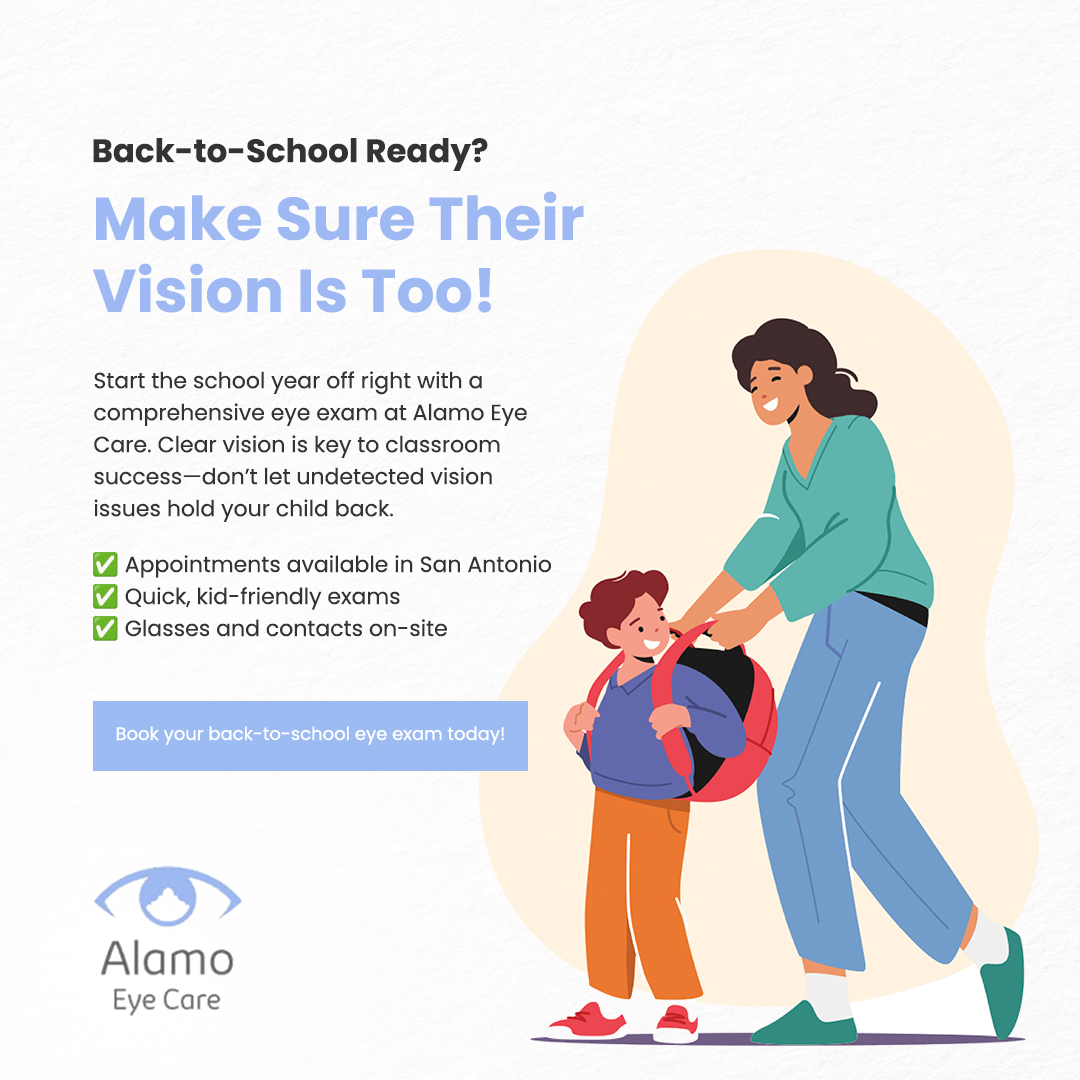
When it comes to eye health, it's crucial to understand and recognize the various conditions and diseases that can affect our vision. One such condition is keratoconus. It is a significant eye disorder that can lead to severe vision loss if not treated appropriately.
What is Keratoconus?
Keratoconus is a progressive eye disease that affects the cornea, the clear front surface of the eye. The cornea's typical function is to focus light onto the retina for clear vision. However, in keratoconus, the cornea's structure weakens and thins, leading to a cone-like bulge. This irregular shape disrupts the light entering the eye and affects the way it is focused.
The onset of keratoconus usually occurs in the late teens or early twenties, and it gradually worsens over a period of 10 to 20 years. The disease can affect one or both eyes, and the level of severity can vary from person to person. It's important to note that while keratoconus can lead to significant vision impairment, it rarely results in total blindness.
How Keratoconus Affects Your Vision
As mentioned before, keratoconus affects the cornea's shape, leading to a distortion of vision. This irregular shape prevents the light that enters the eye from being focused correctly on the retina. As a result, an individual with keratoconus may experience blurry vision, double vision, nearsightedness, astigmatism, and light sensitivity.
As keratoconus progresses, the cornea can become scarred. Scarring is usually the result of advanced disease and ruptures in the back layers of the cornea, known as acute hydrops. This scarring further distorts the visual image and can lead to a significant decrease in visual acuity.
Diagnosis of Keratoconus
Diagnosing keratoconus involves a thorough eye exam and may use several tests to measure the shape of the cornea. Your eye doctor may use a slit-lamp examination, where they will examine your cornea directly and evaluate its shape and thickness. Other tests might include corneal topography and tomography, which create a detailed map of the cornea's surface, and pachymetry, which measures the thickness of the cornea.
Early diagnosis of keratoconus is crucial to prevent further vision loss. If you experience any changes in your vision or have a family history of keratoconus, it's essential to get an eye exam.
Treatment Options for Keratoconus
Treatment for keratoconus depends on the severity of the condition and how quickly it's progressing. In the early stages, vision can often be corrected with eyeglasses or soft contact lenses. As the disease progresses and the cornea's shape becomes more irregular, rigid gas permeable (RGP) contact lenses may be needed.
Advanced cases of keratoconus might require surgical intervention. Corneal collagen cross-linking is a procedure that uses a special ultraviolet light and eye drops to strengthen the cornea and prevent further bulging. In situations where the cornea is severely scarred or thin, a corneal transplant may be necessary.
Managing Keratoconus Effectively
Keratoconus is a complex eye disease that can significantly impact an individual's quality of life. However, with early detection and appropriate treatment, patients with keratoconus can maintain vision. If you or a loved one are experiencing any vision changes, it's important to see an eye care professional for a comprehensive eye exam. With the right care, you can protect your vision and keep your eyes healthy for years to come.
For more information on keratoconus, visit Alamo Eye Care at our offices in San Antonio or Austin, Texas. We provide quality eye care services and products for the entire family. Please call or text (210) 403-9050 to schedule an appointment today.








